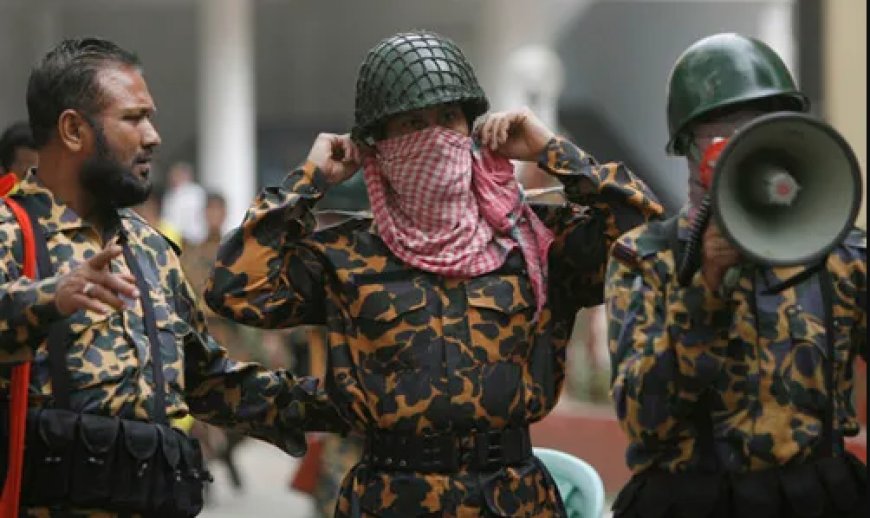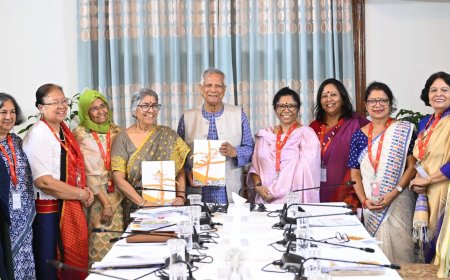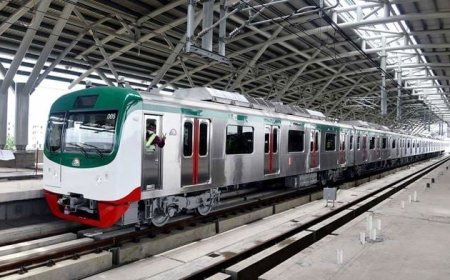The BDR massacre was the outcome of a prolonged conspiracy
According to the investigation commission

BDR Mutiny the Result of Long-Term Conspiracy, Says Investigation Commission
The National Independent Investigation Commission has concluded that the BDR mutiny of 25–26 February 2009 at the Pilkhana headquarters stemmed from a deep-rooted and long-standing conspiracy.
At a press conference held Wednesday at the new Science Laboratory building in Dhaka, Commission Chairman Major General (retd) ALM Fazlur Rahman said the available evidence points to the involvement of political leaders at various levels at the time.
He revealed that despite repeated appeals from army officers trapped inside Pilkhana during the mutiny, no timely rescue operation was launched. This failure by the armed forces and law enforcement agencies allowed the mutineers to carry out killings and other crimes unchecked.
“No decisive action was taken to prevent the mutiny or stop the violence,” he said, adding that the evidence so far indicates serious negligence and failure on the part of intelligence agencies.
Fazlur Rahman further noted that political delays, presented under the guise of seeking a peaceful resolution, combined with the inaction of security forces, contributed to the scale of the atrocities.
The commission also cited intelligence failures, selective media coverage, and intentional destruction of evidence as contributing factors. It said possible foreign involvement had emerged during the investigation and is currently under review.
So far, the commission has interviewed 158 individuals, including military personnel, civil servants, and political leaders. Testimonies from around 50 more witnesses are pending.
Statements have been collected from eight senior politicians—three interviewed in jail, three who appeared in person, and two fugitive Awami League leaders, Jahangir Kabir Nanak and Mirza Azam, who submitted statements via email.
To facilitate further inquiry, the commission has imposed travel bans on 33 individuals and issued three special notices summoning fugitives for testimony.
It is also collecting information from six foreign embassies and the office of the UN Resident Coordinator in Dhaka.
The commission has urged individuals, institutions, and media outlets possessing relevant information about the Pilkhana incident to come forward.
A formal request has been submitted to extend the deadline for the commission’s final report to 30 September 2025.
What's Your Reaction?






















































































